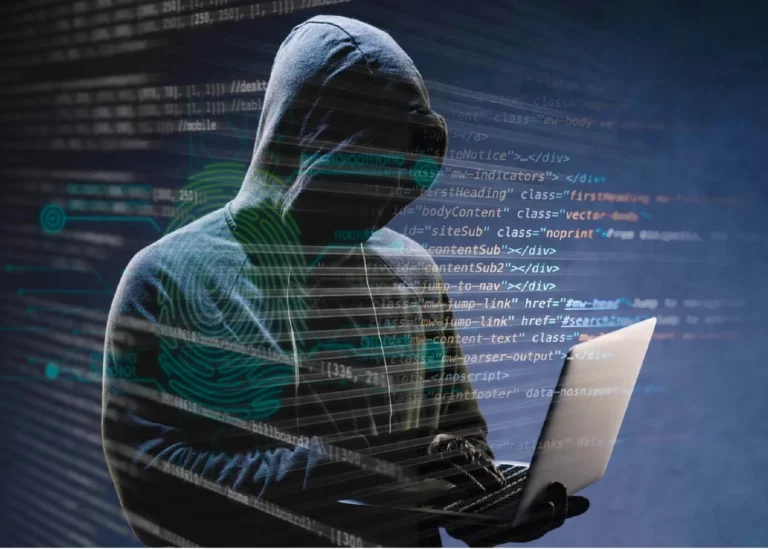Phishing Attacks: How Can Small Businesses Recognize and Prevent Them?
With technological advances, data breaches due to cyber crimes are growing at an alarming rate. Research suggests that in 2023, nearly 95% of companies faced phishing attacks.
Cybercriminals try to extract sensitive details from users, such as bank account passwords, credit card details, etc., by posing as legitimate email senders.
Read on to delve into the ways small businesses can recognize and tackle phishing attacks.
Ways for Small Businesses to Recognize Phishing Attacks
Threatening Messages From Unsolicited Senders
You may often find threatening messages in your inbox requiring you to take action, like clicking on a hyperlink. This could be a possible phishing email.
Requests for Sensitive Information
Another common example of a phishing email is a request to provide sensitive information such as your credit card details, PIN info, or such. They appear so authentic that you would be mistaken for a legitimate request from your bank or such.
Suspicious Attachments
Check for weird URLs or attachments with unexpected file extensions like .exe from unknown senders.
Typos in the Email Content
Look for any spelling or grammatical errors in the email or attachments; this could likely be a case of a phishing attack.
Strategies to Prevent/Tackle Phishing Attacks
Backup, Backup, Backup
Even if you utilize a cloud hosted email provider such as Microsoft’s Office 365 or Google’s Workspace for email, It is recommended that you always keep a backup of your important data. We’d recommend working with a 3rd party organization to ensure your data is properly protected.
Enable Multi-Factor Authentication (MFA)
Small businesses must use multi-factor authentication techniques. This requires users to input two or more verification criteria to gain access to the data, thereby bolstering the security of your information and documents. We recommend enabling this for any and all email accounts as soon as possible.
Adopt a Virtual Private Network (VPN)
Enforce a policy that employees working anywhere besides the office must utilize a Virtual Private Network (VPN) to access client data or other sensitive information.
Never Use an Official Device for Personal Work
It is highly recommended to use the office laptop for only official purposes. Strictly formulate policies prohibiting using office devices for personal work or lending it to someone.
Wrapping Up
Phishing attacks, among other cyber threats, are becoming increasingly rampant, impacting small businesses. Follow the pointers outlined in the article to stay alert and tackle phishing emails with tact.
To learn more, please contact us at support@otoit.com so we can work with you to ensure your business is protected against phishing attacks.

